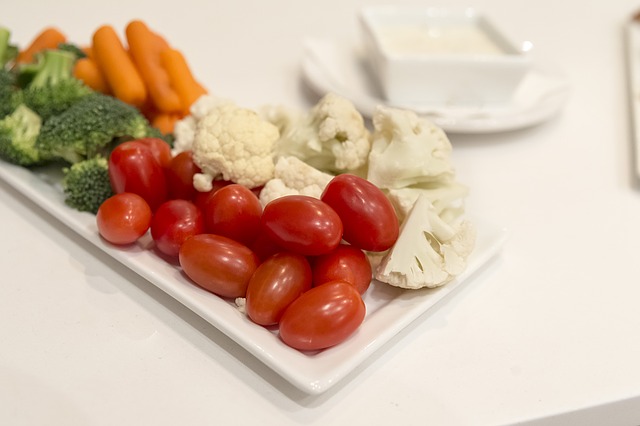
Dad, if you’re reading, please stop now. This column goes against everything you raised me to believe: that bacon, Italian beef, burgers, steak, spicy sausages, pulled pork and brats are the absolute peak of human cuisine and worth savoring as much as possible.
One of the most joyous days of my life was when I won a raffle for a free pound of pulled pork every month for six months from my local barbecue joint. Yet I’m still writing this: eat less meat.
Everyone knows the talking points for vegetarianism. Meat production pollutes the atmosphere. More energy is wasted in feeding grain to animals. Animals suffer in disgusting living conditions and die for our careless consumption. Red meat is less healthy than plant-based foods.
Blah, blah, blah, we get it. We should feel guilty about eating meat. But every time I sink my teeth into the smoky, savory, sweet, juicy, salty goodness, that guilt fades into a faint, nagging noise.
Perhaps the reason it is so easy to dismiss the guilt is because people base their identity on what they eat. Food is inherently cultural and tied to upbringing. The carnivore tribe often finds crunchy vegetarians to be perpetually preachy and judgmental. The vegetarians find meat eaters ignorant of important issues and lacking in empathy.
However, 84 percent of vegetarians and vegans go back to eating meat eventually, according to a 2014 study from Humane Research Council. Tribal mentality is restricting people to black and white, when consumption of animal products can and should be a spectrum.
Vegetarians should not feel like failures and abandon their diet if they slip up once, twice or even 20 times. On the other hand, carnivores shouldn’t feel like cutting back on meat will restrict them from ever enjoying their favorite foods. You can still eat delicious, spicy sausages when you crave them, but that doesn’t mean you need to have them once a week. (Dad, if you avoided my warning and kept reading, I’m talking to you here.)
I started by being a “weekday vegetarian” for a month-long challenge with my sister. Then I decided to switch it up, only eating meat when I go out to eat, instead of weekends specifically. When I lived at home this summer, my dad kept cooking meat for me, so I ate more.
I’m now back to eating meat only a couple times a week. The key is not self-criticizing or judging. I simply keep the principle in the back of my mind that I should only be eating meat when there is justification for it.
Reducing meat consumption is a privilege. There are many parts of the world where meat is scarce and an essential component for health. In the U.S., we have access to great alternatives, and culinary innovation is delivering even more, like the “Impossible Burger.”
Impossible Foods, a company founded by Stanford biomedical researcher, Pat O’Reilly Brown, has created a burger identical to, if not meatier than, a beef burger completely out of plants. It sizzles, tastes and even bleeds like beef. Exactly how they achieve the meat alternative is complicated and involves a compound called heme, which is iron-rich and can be found in many plant species.
The significance of this burger is not necessarily its ingredients but rather its mission. “Producing the Impossible Burger requires a quarter of the water used to produce the same burger from a cow, 1/20th the land and only an eighth of the greenhouse gas emissions,” according to the Impossible Foods website. But no meaty quality is sacrificed in the process.
Don’t settle for steamed broccoli and brown rice every night. If meat lovers demand excellence in alternatives, they will be created. The way to tackle climate change does not have to be reversion to “Little House on the Prairie.” Every little bit of meat replaced will make a difference, and innovation and technology is the way forward. We are just not going to settle for anything less.
Annie Cappetta is a junior majoring in ecosystem science and policy and political science.






